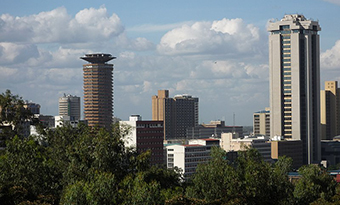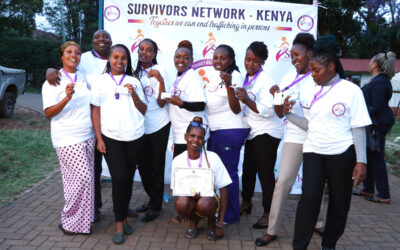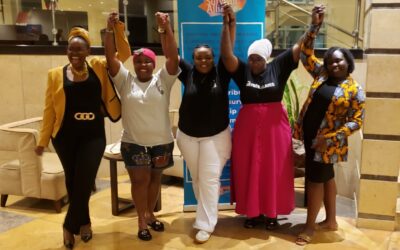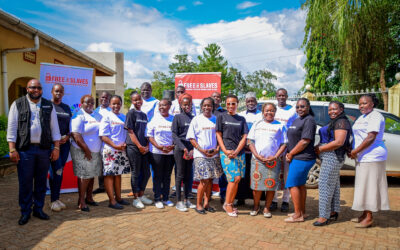Kenya
Slavery in Kenya
The Global Modern Slavery Index estimates that 328,000 people are held in conditions of modern slavery in Kenya. Child trafficking is the most prevalent form, constituting 39 percent of all human trafficking. Children are trafficked into forced labor in domestic service, agriculture, fishing, cattle herding, street vending, and begging.
Our Solutions in Kenya
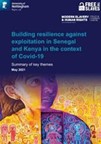 Research: The COVID-19 pandemic has exacerbated vulnerability to human trafficking, and Free the Slaves research has mapped this impact through interviews with humanitarian and development actors, multilateral actors, national and local governments, and community leaders. The research reveals social determinants influencing resilience against exploitation are being impacted by the pandemic, and what can be done about it.
Research: The COVID-19 pandemic has exacerbated vulnerability to human trafficking, and Free the Slaves research has mapped this impact through interviews with humanitarian and development actors, multilateral actors, national and local governments, and community leaders. The research reveals social determinants influencing resilience against exploitation are being impacted by the pandemic, and what can be done about it.
Skills Training: Free the Slaves is training Kenya organizations on global best practices through virtual workshops using the Free the Slaves Community Liberation Toolkit. Trainees have come from a range of thematic areas, such as legal aid, children rights, women’s empowerment, education, victim liberation, and media.
 Community Awareness: Free the Slaves is participating in public forums and community media to build contextualized awareness of modern slavery and safeguards that communities can put in place to protect residents from different types of enslavement.
Community Awareness: Free the Slaves is participating in public forums and community media to build contextualized awareness of modern slavery and safeguards that communities can put in place to protect residents from different types of enslavement.
Survivor Engagement: Free the Slaves Kenya has initiated a fellowship program for survivors doing exemplary work in their communities to advance anti-slavery initiatives and promote community awareness on human trafficking. During the fellowship, the survivor-activist will be trained on the Free the Slaves Community Liberation Toolkit, project management skills, and community/survivor engagement models, and they will participate in strategic advocacy initiatives. Free the Slaves is developing a survivor advisory board to provide expertise from survivors to shape the anti-slavery movement throughout Kenya.
Our Partners in Kenya
- HAART Kenya: was founded in 2010 as a non-governmental organization dedicated to ending all forms of human trafficking in Kenya and East Africa.
- Caritas Mombasa: is well known as the development and humanitarian arm of the Catholic Church. The arm deals mainly with assisting the poor and the vulnerable people in the society. Caritas also responds to emergencies and focuses on disaster risk reduction.
- Kituo Cha Sheria: is a human rights non-governmental organization committed to helping the disadvantaged, poor and marginalized people in Kenya access justice.
- Legal Aid Forum: Supports accessible and quality legal aid services in Rwanda.
The Latest From Kenya
Celebrating the Launch of the Survivors Network Kenya: A Milestone in Survivor Leadership
The launch of the Survivors Network Kenya (SNK) marks a significant milestone in survivor-led advocacy against human trafficking. Supported by Free the Slaves, SNK is the first survivor network officially recognized by the Kenyan government, empowering survivors to lead in policy engagement and systemic change across Kenya.
Harnessing Collective Power: Reflections from the Survivor Alliance World Congress
At the Survivor Alliance World Congress in Nairobi, survivor leaders and allies came together to amplify the power of collective action against human trafficking. Read how Free the Slaves is deepening its commitment to survivor-led change and building stronger, global partnerships.
Advancing Survivor Leadership in the Fight Against Modern Slavery
Our approach to survivor engagement is rooted in collaboration, demonstrating the power of collective action in the fight against modern slavery. By creating spaces where survivors can lead and advocate for their rights, we not only empower individuals but also strengthen global efforts to end modern slavery.

